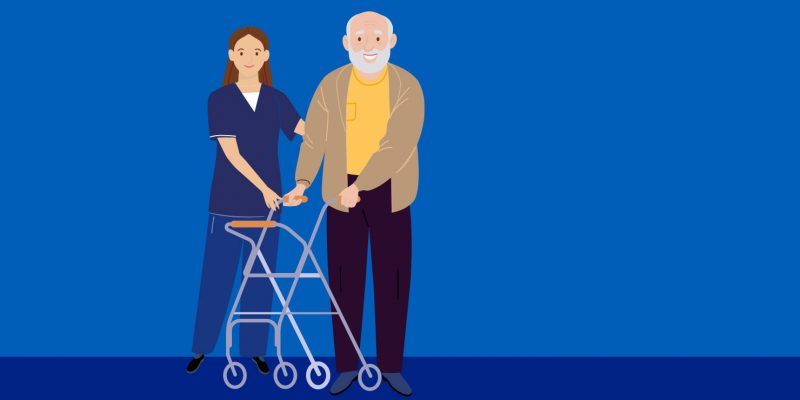
Physiotherapy
Why might you fall?
The risk of falling increases as people age. Conditions such as Parkinson’s disease, diabetes and stroke can affect balance and put people at greater risk. Other factors including poor eyesight, hearing impairment, joint pain and changes in blood pressure. Some medications have side effects that can make people feel dizzy.
Most falls happen at home, but falls happen in hospital too. This can be caused by lots things such as unfamiliar surroundings, feeling unwell, weak or tired, not having your usual equipment or belongings such as glasses or walking aids.
How to reduce the risk while you are in hospital
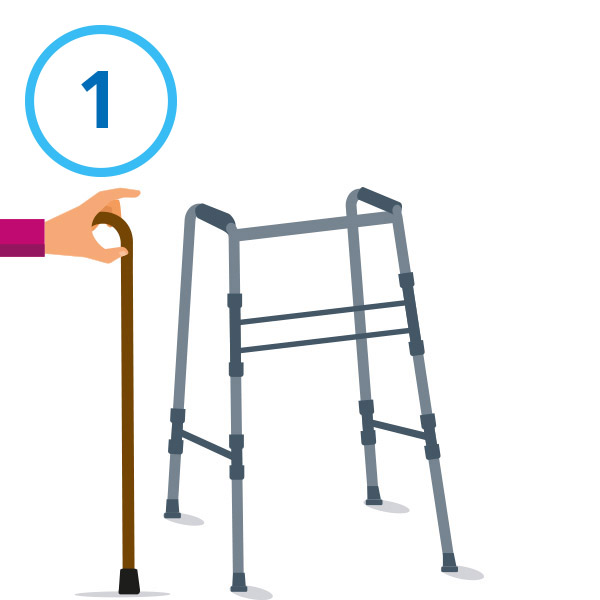
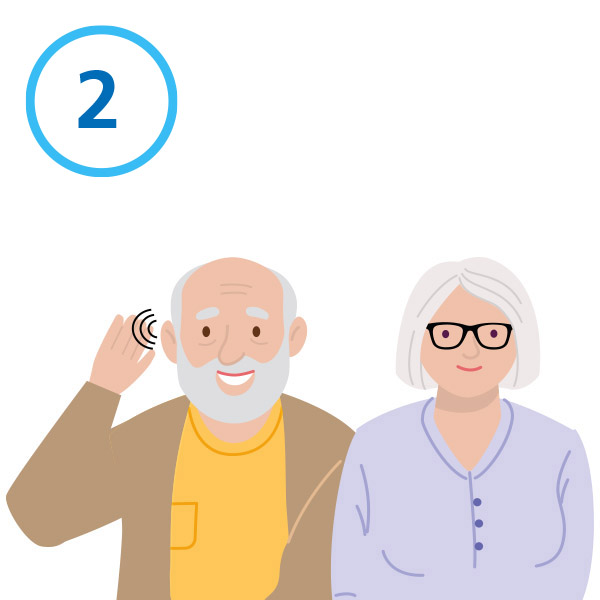
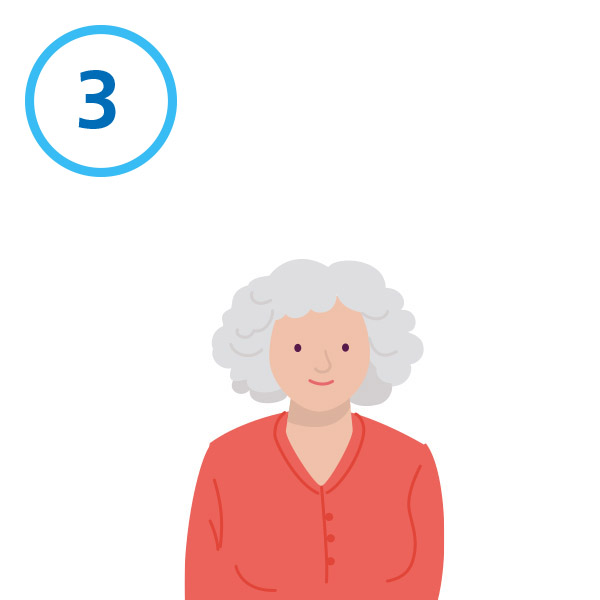
help going to the toilet
- When you come into hospital bring any walking aids you may need or let a member of staff know so we can provide one.
- Let us know if you have any visual or hearing problems
- Let us know if you need help to get to the toilet
Medications
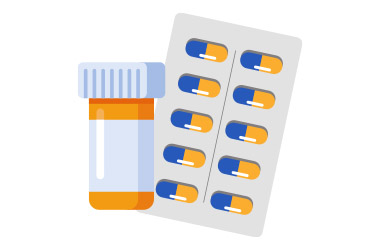
Bring an up-to-date list of any medications you are taking and dosages. This can help us identify if your falls are caused by possible side effects.
Side effects are common in medications like, sleeping tablets, anti-depressants and tranquilisers. Some blood pressure medications and also some pain relief medication can increase the risk of falls.
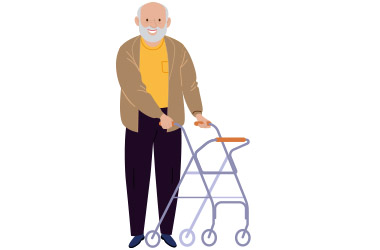
Mobility
Make sure you take your time when moving around and use your walking aid if you have one. If you feel unsteady then please let a member of staff know.
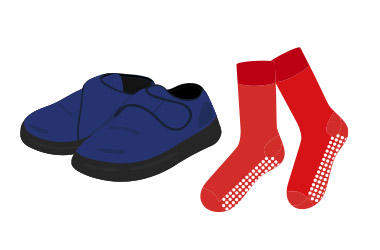
Footwear
The floors in hospital can be slippery, please wear appropriate footwear if you have some with you. We are happy to provide you with some non-slip socks if you need them.
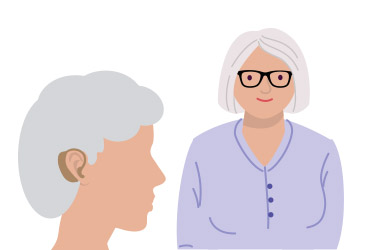
Hearing aids and glasses
If you have hearing aids or glasses, ensure you wear them when needed.
You are less likely to fall if you are able to see the environment or hear when staff members are speaking to you.
What we do to reduce the risk of falling
We will:
Ask if you’ve had any falls in the past
Ask if you’re worried about falling
Ask about your vision and hearing
Provide a walking aid if you need one
Review your medications to minimise side effects
Check your blood pressure while lying and standing to see if your blood pressure drops when you stand up
Provide non-slip socks if you do not have suitable footwear with you
Check on you regularly to see if you need anything
Ask you to use your call bell if you need help with anything such as getting to the toilet
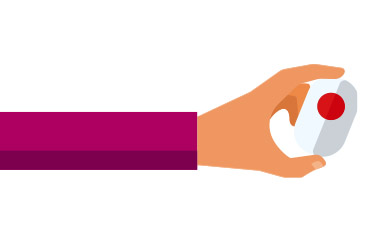
We may
- Test your memory
- Talk to you about using bedrails.
Patient experience
South Tees Hospitals NHS Foundation Trust would like your feedback. If you wish to share your experience about your care and treatment or on behalf of a patient, please contact The Patient Experience Department who will advise you on how best to do this.
This service is based at The James Cook University Hospital but also covers the Friarage Hospital in Northallerton, our community hospitals and community health services.
To ensure we meet your communication needs please inform the Patient Experience Department of any special requirements, for example braille or large print.
T: 01642 835964
E: [email protected]